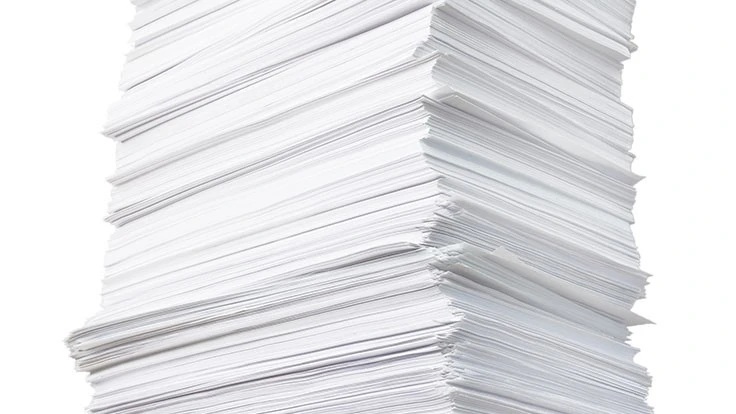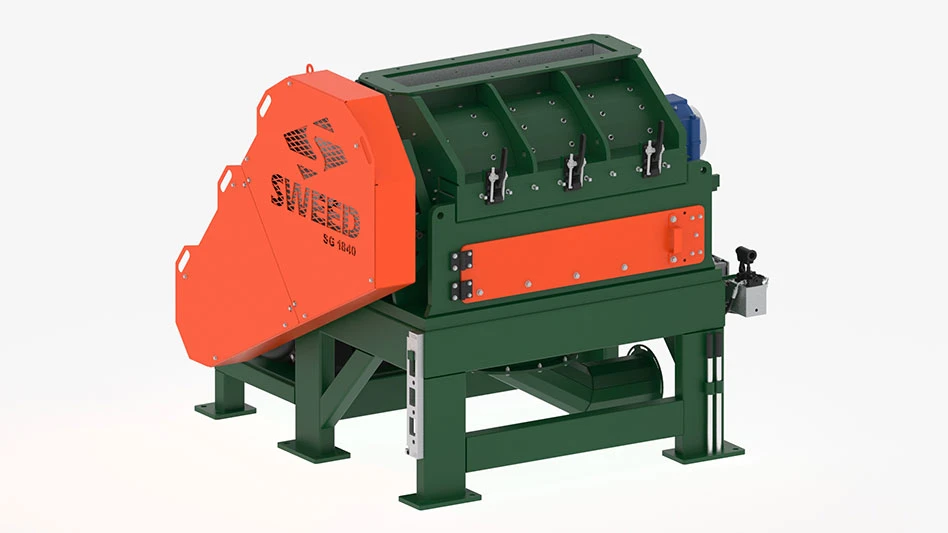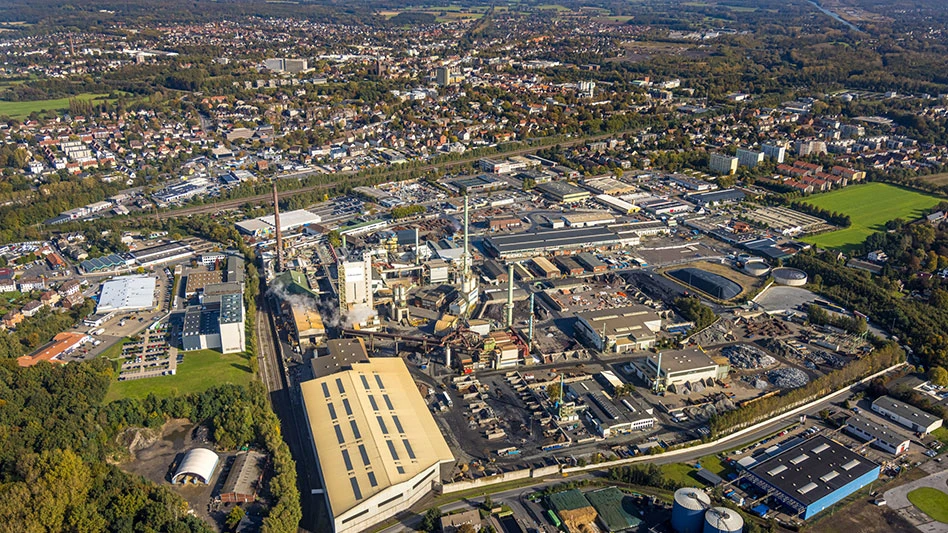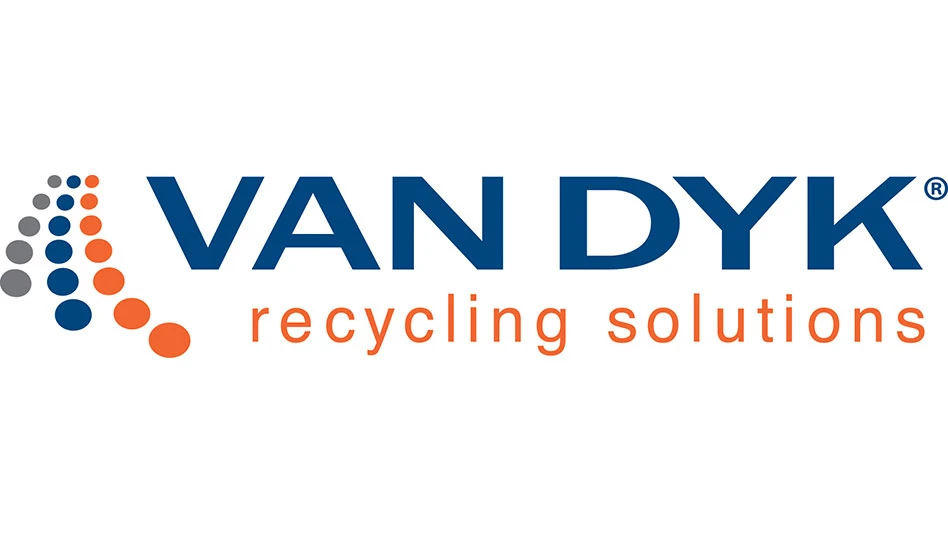
© Epitavi - Dreamstime.com
The American Forest & Paper Association (AF&PA), Washington, has released the 59th Annual Survey of Paper, Paperboard and Pulp Capacity, reporting U.S. paper and paperboard capacity declined 1.1 percent in 2018.
AF&PA reports that containerboard capacity increased 1.9 percent in 2018 to reach a record 39.7 million tons. Containerboard accounted for 47.6 percent of U.S. paper and paperboard capacity in 2018, up from 38.3 percent in 2008.
Tissue paper capacity rose 1.3 percent in 2018 to 8.8 million tons, according to the AF&PA report. From 2009-2018, tissue capacity rose 7 percent. In 2018, a new tissue paper mill was opened with two machines and a new tissue machine was started at an existing mill.
Capacity for newsprint and printing-writing papers continued to decline in 2018, reflecting digital competition. Several machines for these grades were permanently closed or converted to the production of other grades last year, AF&PA reports.
The report includes U.S. industry capacity data for 2018 and 2019 for all major grades of paper, paperboard and pulp, as well as fiber consumption, based on a comprehensive survey of all U.S. pulp and paper mills. Survey data includes responses from companies representing 87 percent of U.S. paper and paperboard industry capacity, with estimates completing the data set.
AF&PA’s survey with detailed tables is available for $2,250. Please contact Kory Bockman at statistics_publications@afandpa.org or 202-463-4716 for this report as well as other industry reports published by AF&PA.
Latest from Recycling Today
- Partnership to bring local recycling instructions directly to consumers
- ReMA notes the benefits of recycled materials on America Recycles Day
- Tozero raises 11M euros in seed funding to ramp up battery recycling efforts
- Critical Mineral Consistency Act passes House
- Alberta recycling group selects Diversys to digitize its beverage container recovery program
- Recycling Today Media Group hires Mallory Szczepanski
- Berry increases recycled PE use by 36 percent
- Bower, Varta join forces on AI-powered scanning for consumer batteries





